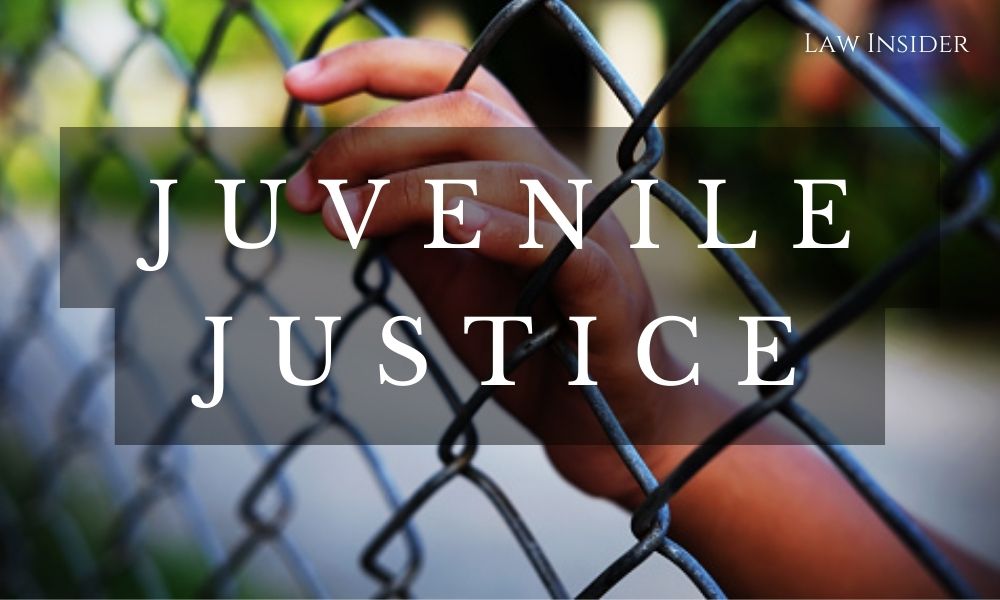Mitali Palnitkar
Published On: February 18, 2022 at 18:09 IST
The Uttarakhand High Court in the light of Section 12 of the Juvenile Justice (Care and Protection of Children) Act, 2015 observed that any person, who is a child, shall be entitled to be released on Bail with or without surety, or shall be placed under the supervision of Probation Officer, or under the care of a fit person.
It was observed by Justice RC Khulbe that the distinction between Bailable and Non-bailable Offence did not exist with respect to a Juvenile.
A criminal revision was preferred against a Juvenile Justice Board Order and Special Judge POCSO (Protection of Children from Sexual Offences) Judgment, which had dismissed the Bail of the Juvenile Accused due to the gravity of Offences.
The Juvenile Accused, a 17-year-old, was alleged of committing Offences under Sections 177, 201, 304, and 338 of the Indian Penal Code (IPC). According to the FIR (First Information Report), the Juvenile Accused was driving the Offending vehicle. The Court observed that it was a matter of Evidence whether the case fell within the definition of Section 304A IPC.
It was noted by the Court that according to Section 12 of the Act, Bail cannot be refused if there is a reasonable ground for believing that the release of the Accused would likely bring him in association with any ‘known criminal’. By ‘known criminal’, it means that the Court knows full particulars of the criminal.
The Court stated, “In the Case in hand, there is no such evidence on record regarding the same; both the impugned orders are silent about it; the bail of the delinquent was rejected simply on the ground that the offence is heinous in nature while Section 12 of the Act is silent about it.”
Therefore, the Court set aside the impugned Order, released the Juvenile on Bail, and allowed criminal revision.

